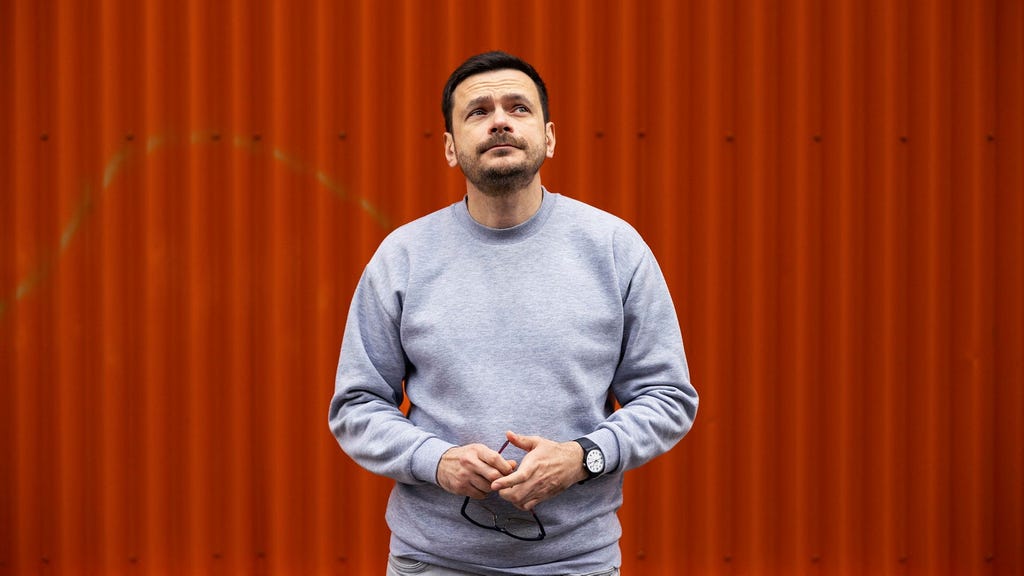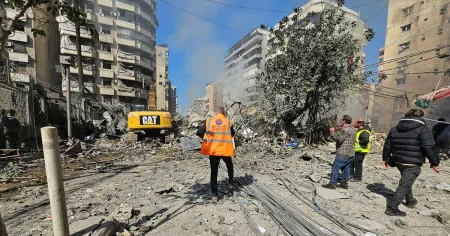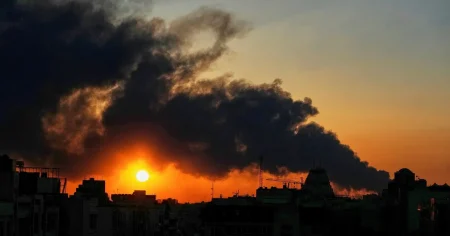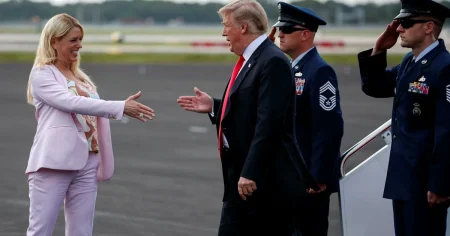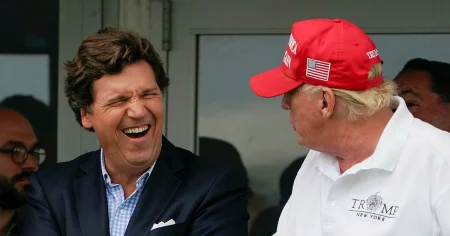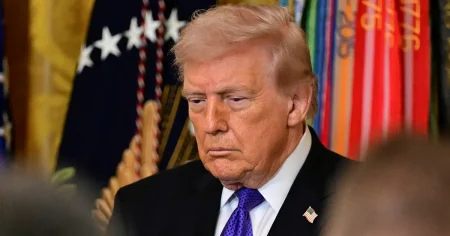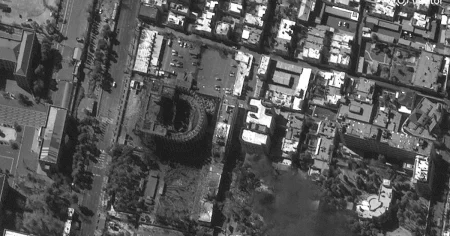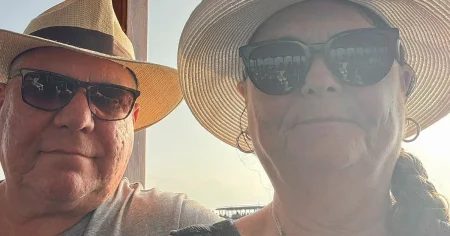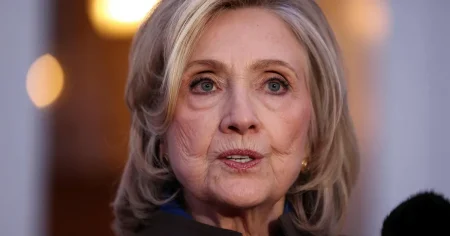Ilya Yashin, a prominent Russian opposition figure, sits in a Berlin cafe, strikingly without bodyguards despite the Putin regime’s notorious history of assassinating its critics. He dismisses the need for protection, at least for now, conveying a sense of weary resilience. Fresh off organizing a successful anti-war demonstration in Berlin, the first large-scale gathering of its kind by exiled Russians, Yashin appears exhausted yet driven. The demonstration, a beacon of hope for those still in Russia, was preceded by contentious debates, particularly regarding the display of the Russian flag. Yashin’s success in uniting disparate factions and generating a positive response from within Russia underscores his effectiveness as a leader.
Yashin’s commitment to opposing the war and advocating for democratic change is deeply rooted in his experiences. Prior to his imprisonment, he ran an office in Moscow, providing a platform for citizens to voice their concerns. During his two-year incarceration, he shared a cell with soldiers returning from the front lines, engaging them in dialogues about the war’s futility and the urgent need for political transformation in Russia. This direct interaction with those impacted by the conflict, even within the confines of prison, further solidified his conviction. His time in prison provided a microcosm of Russian society, forcing him to find common ground with individuals from diverse backgrounds, an experience he believes will be essential for rebuilding Russia in the future.
Yashin’s political trajectory is marked by collaboration with key opposition figures like Boris Nemtsov and Alexei Navalny, both of whom met tragic ends under suspicious circumstances. Yashin himself openly condemned the Russian invasion of Ukraine, highlighting the war crimes in Bucha on his YouTube channel. This outspokenness led to his arrest and subsequent sentencing under Putin’s draconian ”false information” law. Following a prisoner exchange, he found refuge in Berlin, a city he finds pleasant but far from home. His focus now lies in consolidating the exiled Russian community in Europe, hoping to forge a global movement for democracy and against the war.
Yashin acknowledges the pervasive impact of years of state propaganda and authoritarianism on Russian society. He understands the trauma and fear that prevent many from expressing their true opinions. He emphasizes the need for empathy and dialogue, arguing that many who participate in Putin’s repressive apparatus are not inherently malicious but rather vulnerable individuals caught in a system they cannot defy. This nuanced perspective allows him to approach even those who imprisoned him without hatred, recognizing the complexities of complicity within an authoritarian regime.
Yashin firmly believes that the war in Ukraine is not only damaging to Ukraine and Europe but also devastating for Russia itself. He frames his opposition to the war as an act of patriotism, highlighting the economic ruin and the needless loss of young lives. His goal is to connect with Russians on a national level, demonstrating how the war undermines their own interests. He also stresses the need to move beyond personal conflicts within the opposition movement, prioritizing unity against the war through collective action like the Berlin demonstration. His pragmatic approach emphasizes tangible results over ideological purity, seeking to consolidate support through shared action rather than abstract debate.
Despite criticism from some Ukrainians who accuse Russian liberals of prioritizing Russia’s interests over Ukraine’s suffering, Yashin remains steadfast. He acknowledges their right to critique him but reiterates his focus on changing Russian public opinion. His mission is to convince Russians that the war is detrimental to their own country, a message he believes resonates more effectively coming from a fellow Russian. Yashin’s decision to remain in Russia and face imprisonment for his beliefs solidified his credibility and provided him with a sense of inner peace. Although exiled now, he anticipates Putin’s eventual departure from power, holding onto the hope of returning to a Russia free from oppression. He views his time in prison as a testament to his commitment, a price he willingly paid to remain true to his convictions, mirroring the courage of Alexei Navalny’s return to Russia despite the imminent threat of imprisonment.





